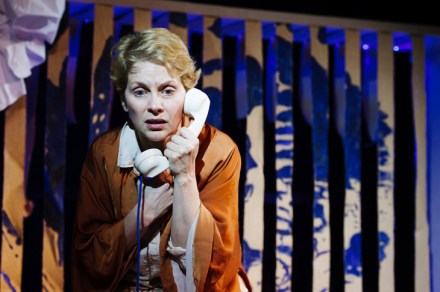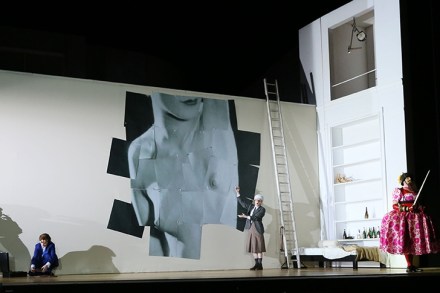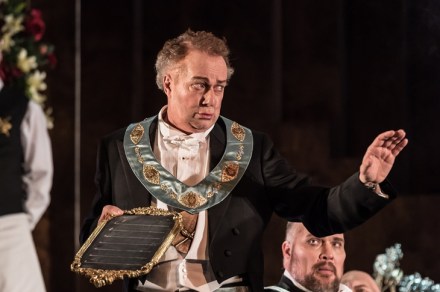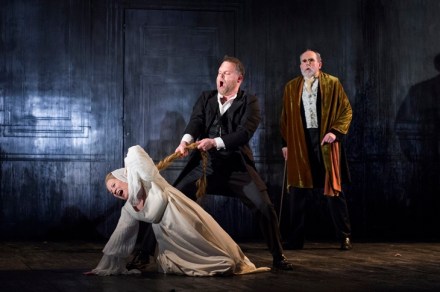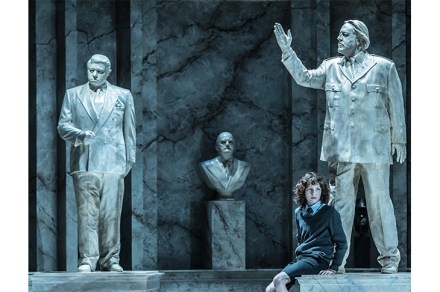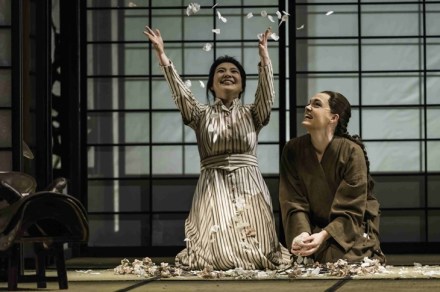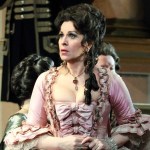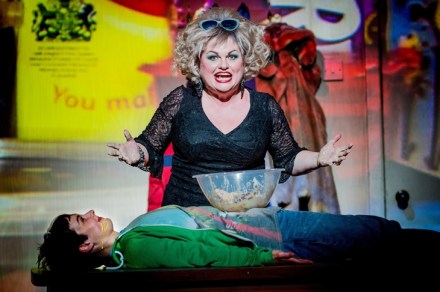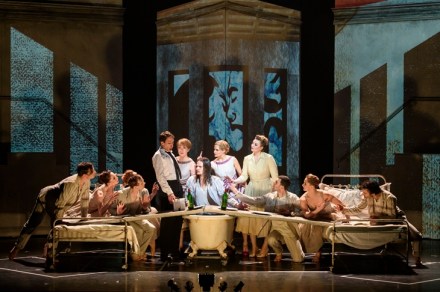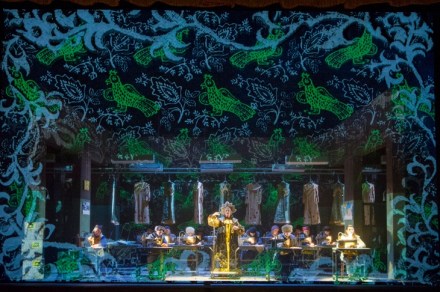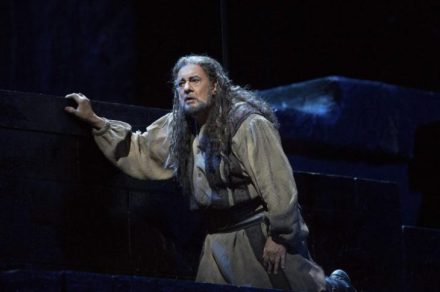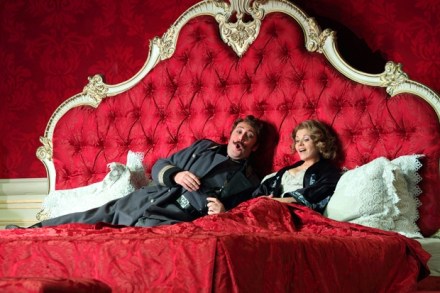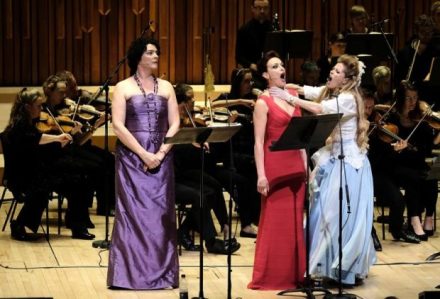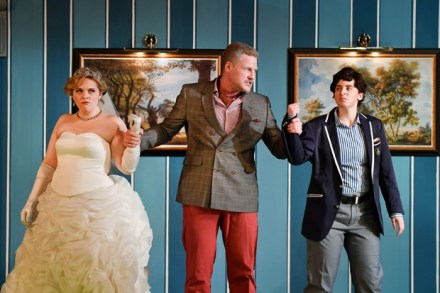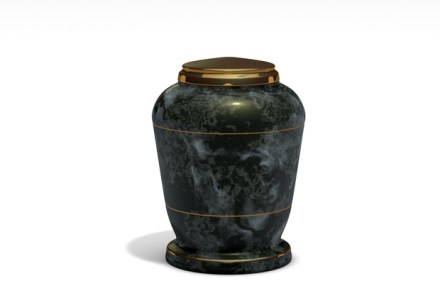Death becomes her
Opera is littered with the bodies of abandoned women. Step over Dido and Gilda, and you’ll still stumble into Donna Elvira, Euridice, Elisabeth, Ariadne, Alcina. The list goes on. Pop music might have ‘50 Ways to Leave Your Lover’, but opera has 500. Call it chauvinism or voyeurism if you like, but opera’s women are at their most powerful in despair, even death. Their anguish might be aestheticised, but it shouts louder and more truthfully than the corpses of the endless female victims of television’s police procedurals, as two arresting performances attested this week. It’s her feet you notice first. Flexing and arching convulsively, rubbing up against one another as
